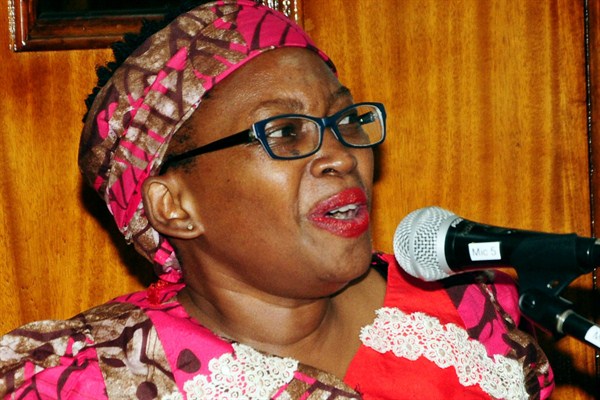KAMPALA, Uganda—Pastor Joseph Kabuleta was arrested while drinking coffee in a Kampala shopping center, shoved in the back of a car and blindfolded. Held in police detention for several days in July, Kabuleta said he was tortured by officers, who beat him and drenched him in freezing water. His only crime was a Facebook post criticizing a senior military official, Gen. Muhoozi Kainerugaba, the son of President Yoweri Museveni.
Kabuleta’s case is not unique in Uganda, where Museveni has held onto power for decades by almost any means necessary. The pastor’s arrest was another example of how Ugandans are using the internet to protest Museveni’s 33-year-long regime, and the growing risks they face in doing so.
In August, the Uganda Communications Commission announced that social media “influencers” must pay a fee and register to be monitored by the state regulator. The declaration came just a week after Stella Nyanzi, a prominent opposition critic who once called the president “a pair of buttocks,” was sentenced to 18 months in prison for “cyber harassment.” Nyanzi had posted a poem to Facebook describing Museveni as a “dirty, delinquent dictator.”

